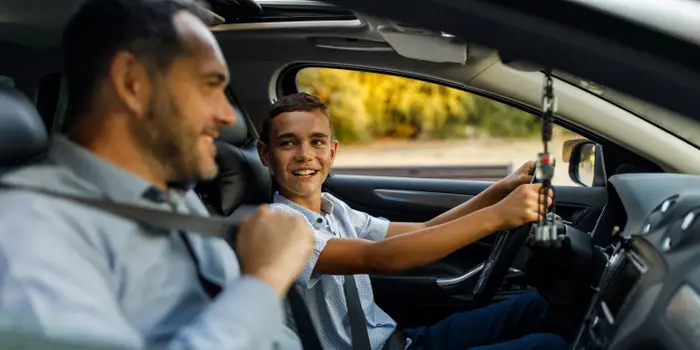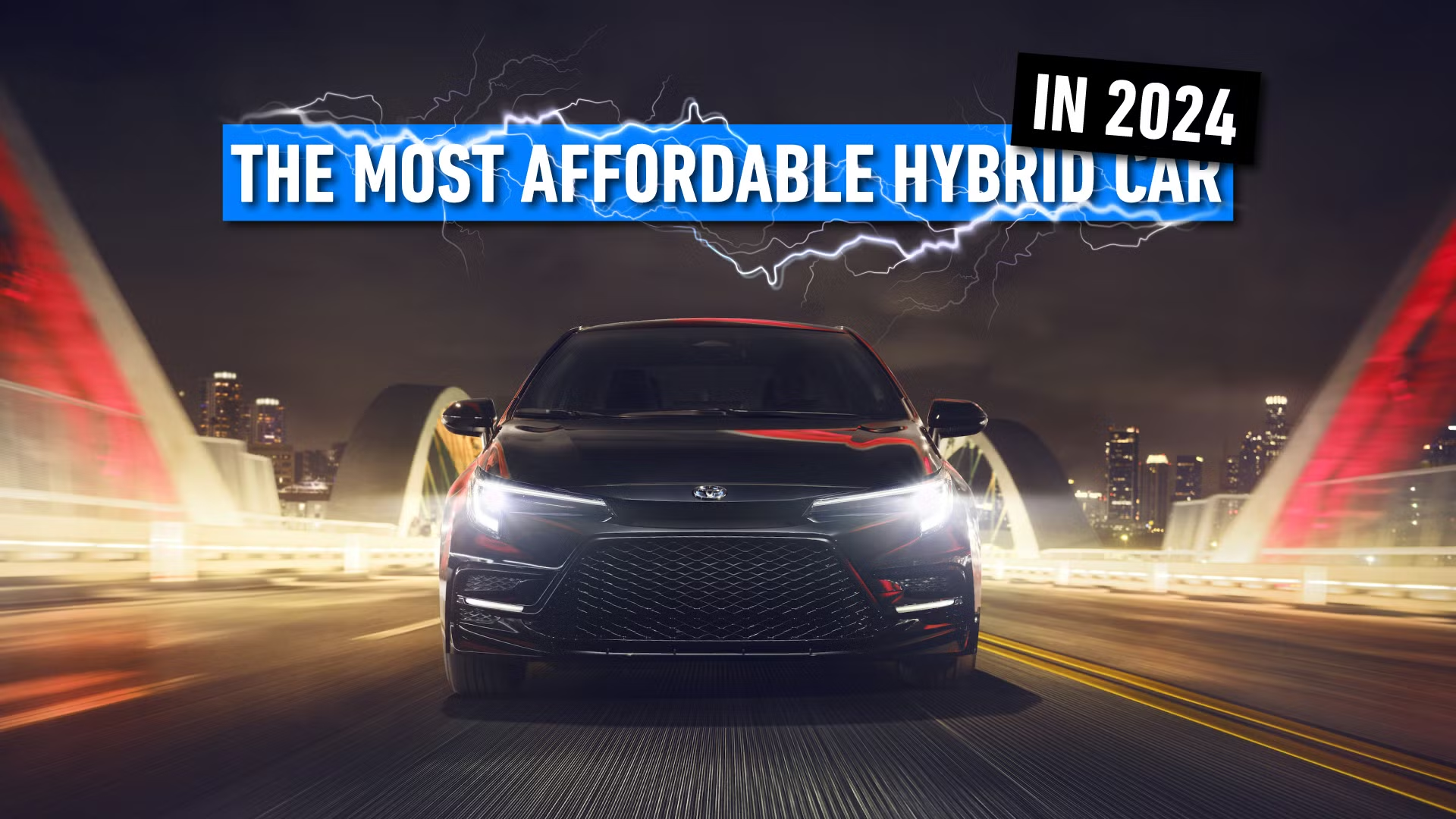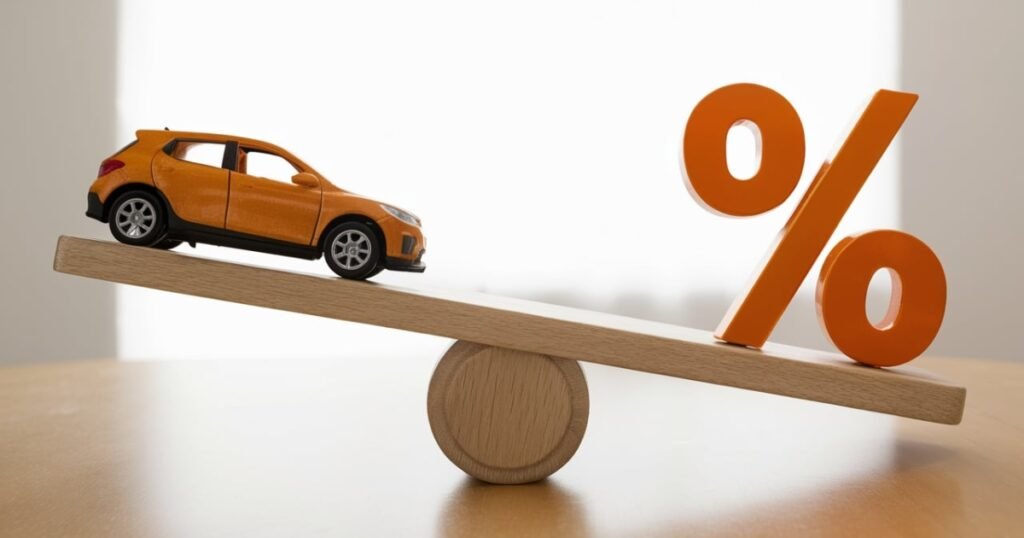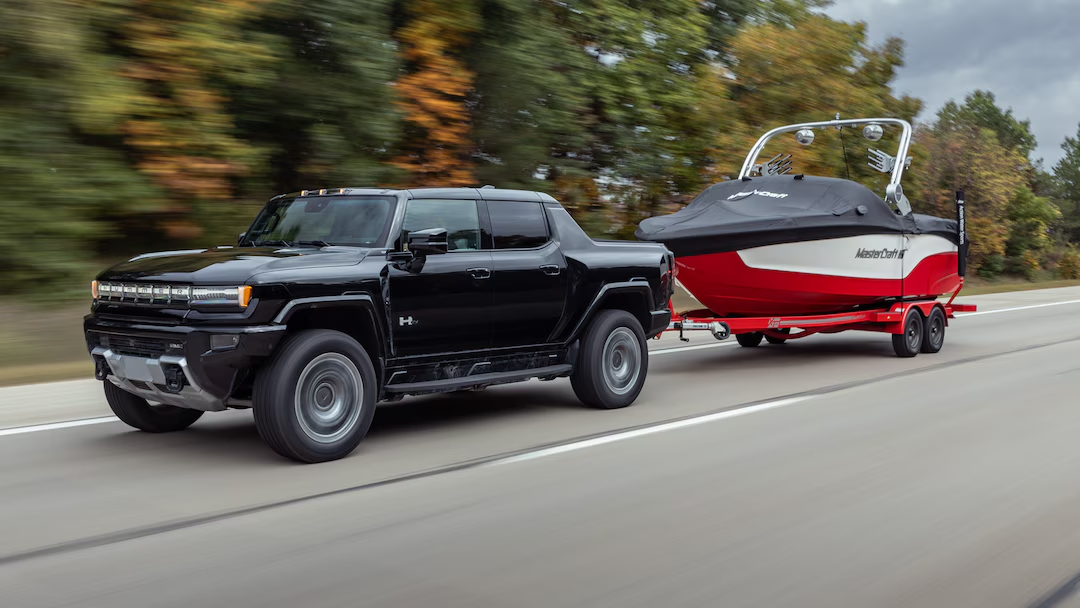There’s something undeniably magical about classic cars—their timeless designs, nostalgic charm, and the stories they carry. In recent years, classic cars have been making a strong comeback, capturing the hearts of collectors, enthusiasts, and even a new generation of drivers. But why are these vintage beauties regaining popularity in our fast-paced, tech-driven world? Let’s explore how classic cars are reclaiming their place on the roads and what makes them so irresistible in the modern era.
The Allure of Classic Cars: More Than Just Nostalgia
Classic cars evoke a sense of craftsmanship and style that’s often missing from today’s mass-produced vehicles. With their unique lines, chrome details, and roaring engines, these cars aren’t just modes of transportation—they’re works of art that turn heads wherever they go. For many, owning a classic car is about connecting with a bygone era, experiencing driving in a purer, more tactile way.
Modern Technology Meets Vintage Style
One of the reasons classic cars are making a comeback is the rise of restoration shops and companies that blend modern technology with vintage aesthetics. Imagine a classic Mustang with a silent electric drivetrain or an old-school Beetle upgraded with state-of-the-art safety features. These “restomods” offer the best of both worlds: retro style with modern reliability and performance.
Electric Classic Cars: A Green Revolution
Electric conversions of classic cars are growing in popularity, addressing environmental concerns while preserving historic designs. Electric motors provide instant torque and smooth operation, giving classic cars a new lease on life without the guilt of emissions. This trend is fueling renewed interest among eco-conscious drivers who want vintage vibes without the carbon footprint.
The Collector’s Market: Rising Values and Rare Finds
Classic cars are no longer just nostalgic hobbies—they’re serious investments. Many vintage models have skyrocketed in value as collectors seek rare and well-preserved examples. Auctions and online marketplaces are buzzing with activity, and experts predict this trend will continue as demand for iconic models grows worldwide.
Car Culture and Community: Driving Connection
Classic car shows, clubs, and social media communities are thriving, bringing enthusiasts together to share their passion. These gatherings provide a space to celebrate automotive history, exchange restoration tips, and enjoy the thrill of driving timeless machines with like-minded fans.
Challenges of Owning a Classic Car Today
While owning a classic car is exciting, it comes with challenges like maintenance costs, sourcing parts, and sometimes lacking modern safety features. However, many enthusiasts argue these are small prices to pay for the joy and character that classic cars bring.
Classic Cars in Popular Media
Movies, TV shows, and even video games continue to romanticize classic cars, sparking interest among younger audiences. From iconic Mustangs in action films to vintage convertibles in music videos, pop culture keeps the classic car dream alive and relevant.
How to Get Started with Classic Cars
Interested in joining the classic car revival? Start by researching models you love, joining local clubs, and attending car shows. Consider whether you want a fully restored vehicle or a project car to customize. And don’t hesitate to reach out to restoration experts who can guide you through the process.
Conclusion: Timeless Charm Meets Modern Passion
Classic cars are far from obsolete; they’re enjoying a vibrant renaissance fueled by innovation, community, and a shared love for automotive history. Whether it’s through electric conversions or cherished restorations, these vehicles continue to captivate and inspire, proving that great design and passion never go out of style.
FAQs
1. Are classic cars practical for everyday use? They can be, but many owners reserve them for weekends and special occasions due to maintenance and fuel considerations.
2. How much does it cost to restore a classic car? Restoration costs vary widely based on the car’s condition and the level of work required, from a few thousand to tens of thousands of dollars.
3. Can classic cars be converted to electric? Yes, electric conversions are increasingly popular and can enhance performance while reducing emissions.
4. Where can I find classic cars to buy? Look at auctions, classic car dealers, online marketplaces, and car shows.
5. Do classic cars hold their value? Many do, especially rare and well-maintained models, making them good investments.




